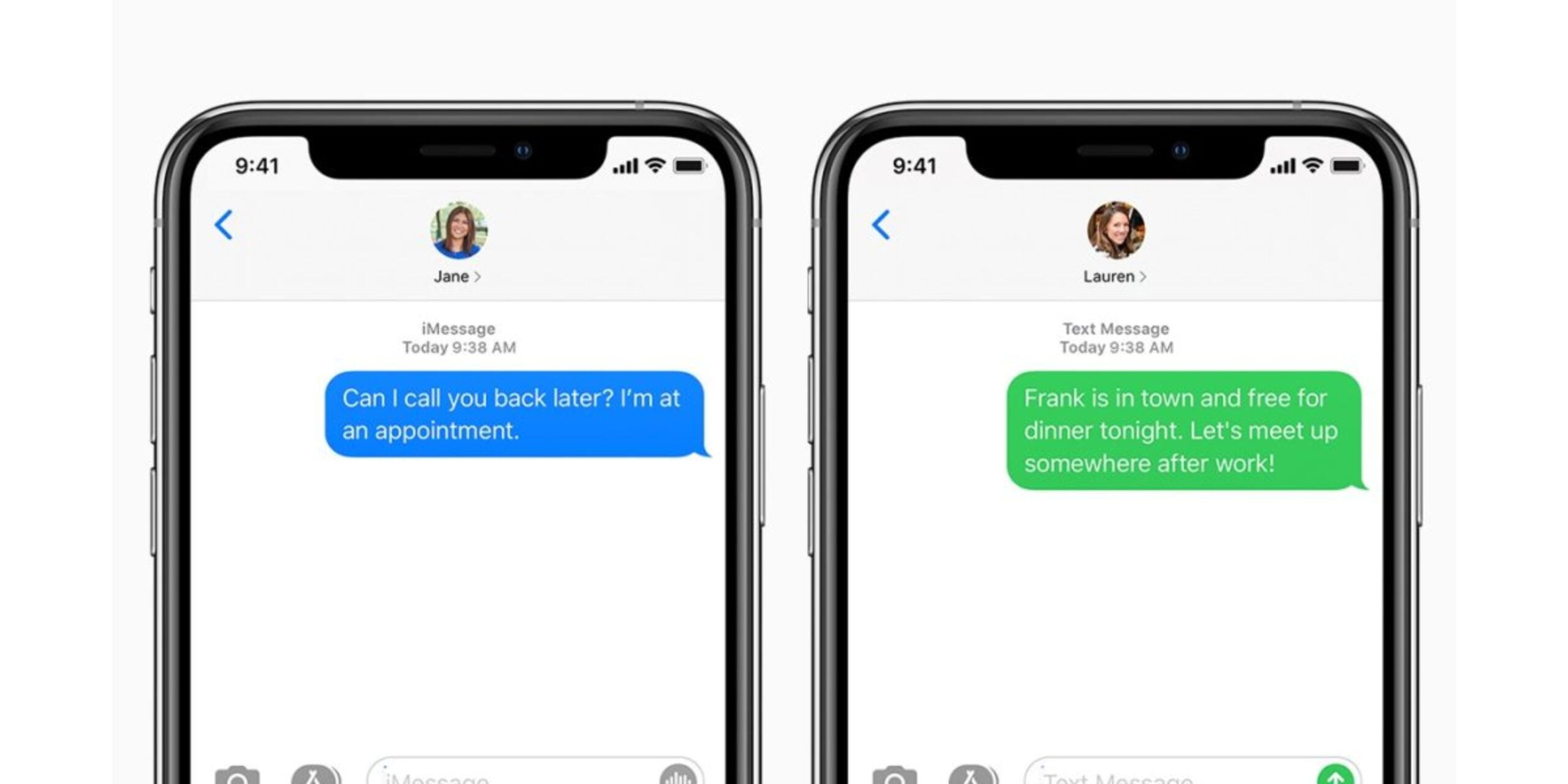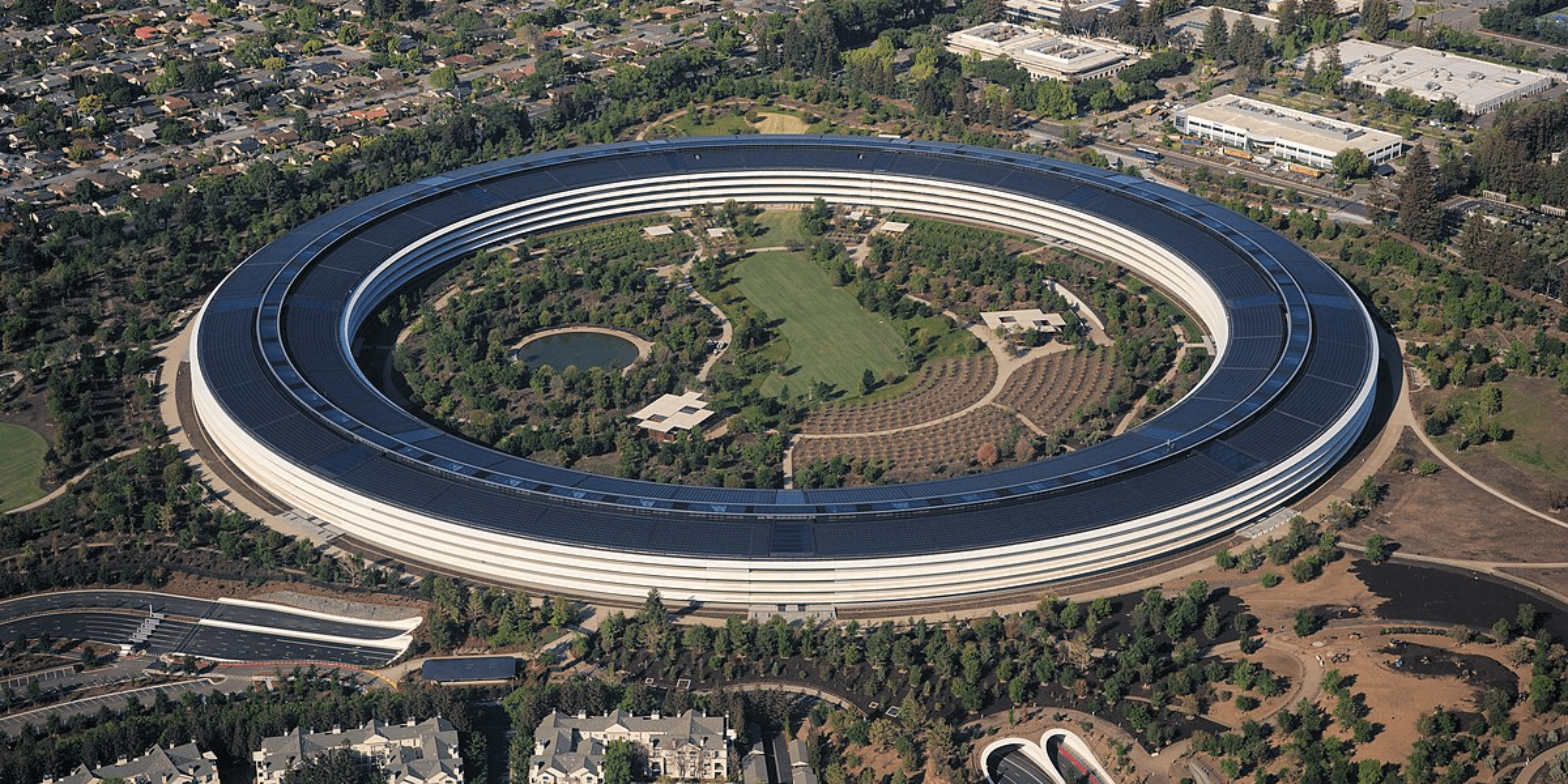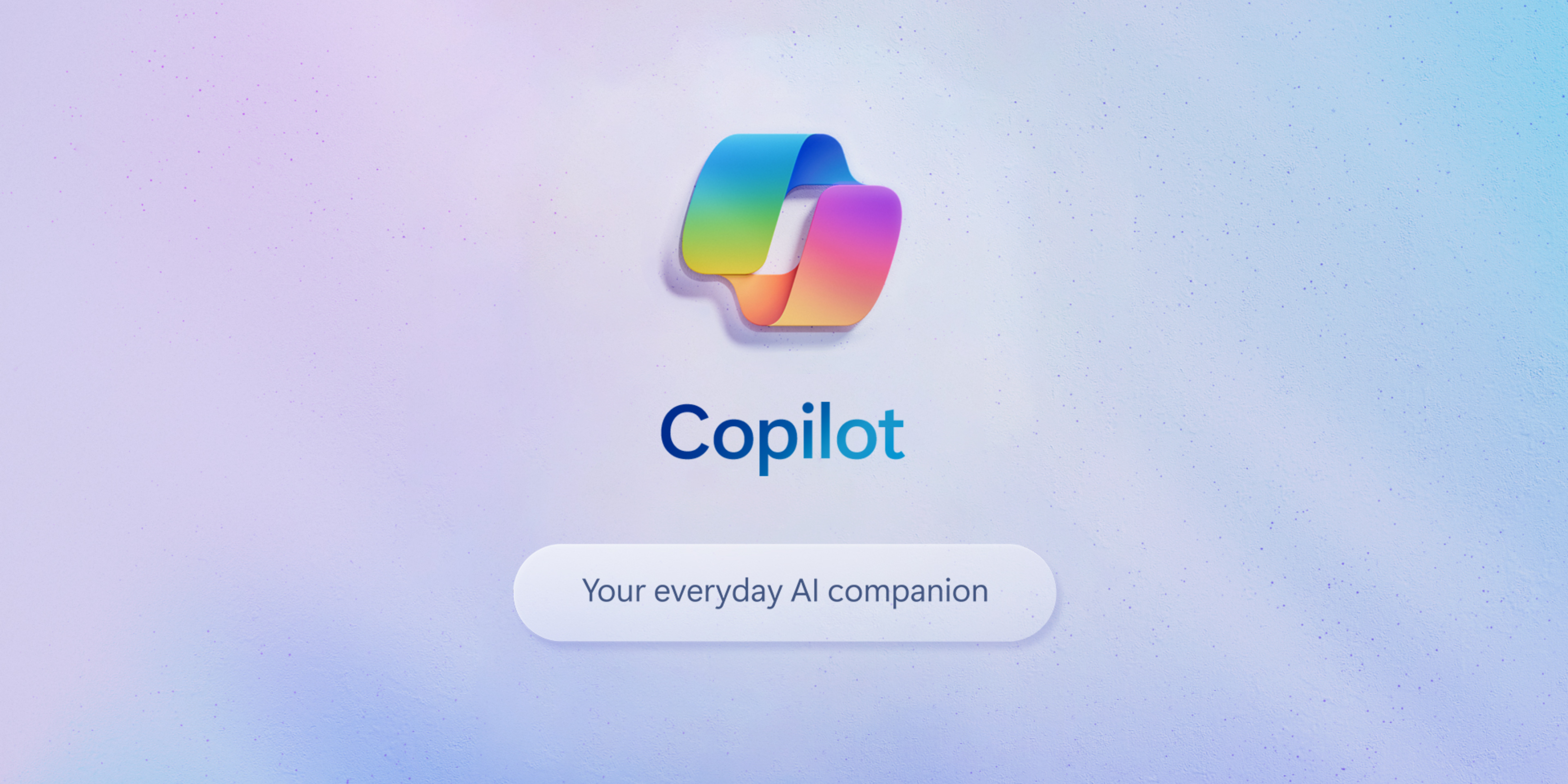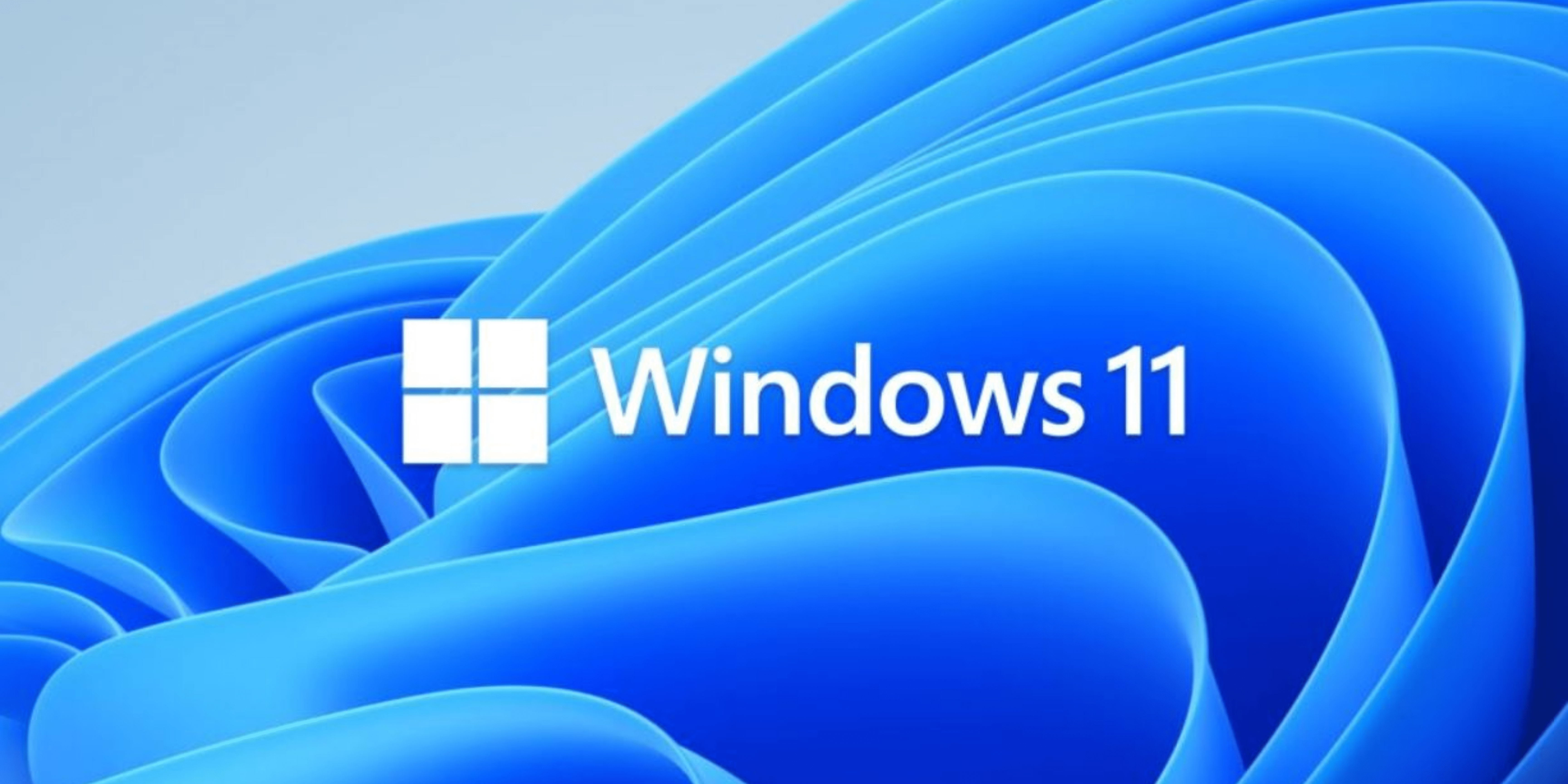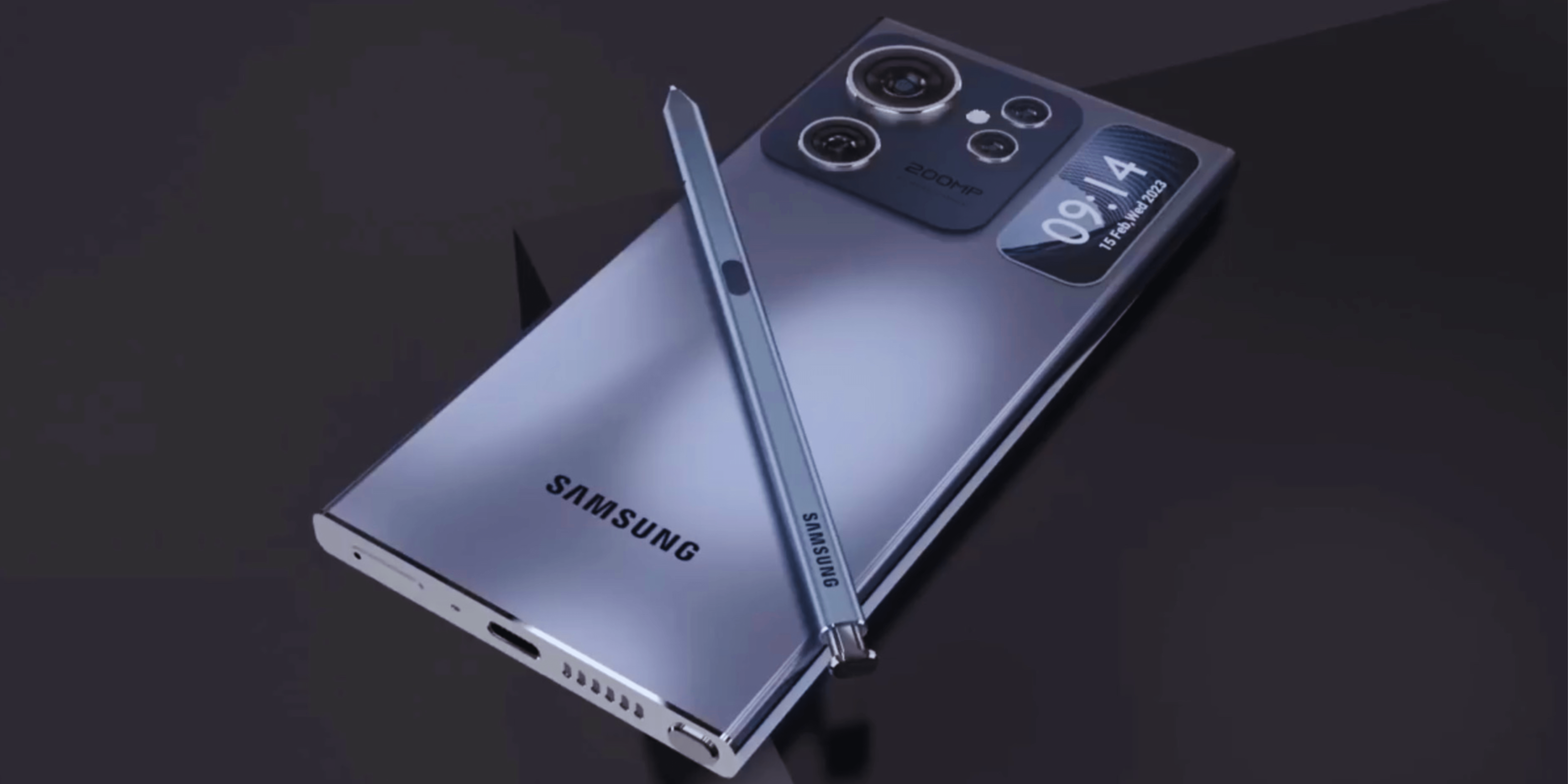In a surprising turn of events, Apple announced its intention to adopt the RCS (Rich Communication Services) standard in 2024, ushering in a new era of enhanced text messaging interoperability between iPhones and Android devices. This strategic move, long-awaited by users and industry experts alike, signifies a departure from Apple’s previous reluctance to embrace RCS, positioning the tech giant in alignment with the evolving communication landscape.
Breaking down the walls: Apple’s shift towards RCS
Apple’s decision to integrate RCS into its messaging ecosystem significantly departs from its longstanding commitment to the proprietary iMessage system. Despite pressure from industry players, including Alphabet Inc.’s Google, Apple had staunchly resisted RCS adoption for over a year.
RCS, an acronym for Rich Communication Services, represents a leap forward from traditional Short Message Service (SMS) and Multimedia Messaging Service (MMS). Championed by the GSM Association, RCS introduces several features that promise to revolutionize the texting experience.
Apple to adopt RCS: What to expect
Come 2024, Apple users can anticipate a slew of benefits from the RCS integration. The foremost advantage lies in facilitating seamless cross-platform communication between iPhones and Androids. Group chats, long a stronghold of iMessage, will no longer be confined within the Apple ecosystem, opening up new possibilities for diverse messaging experiences.
Moreover, the RCS update will empower users to engage in text conversations over Wi-Fi, transcending the limitations of traditional cellular networks. This feature enhances communication reliability and aligns Apple with the contemporary trend of prioritizing internet-based communication.
Industry dynamics and the RCS landscape
The adoption of RCS by Apple carries substantial implications for the broader technological landscape. With RCS gaining momentum as the industry-preferred standard for messaging, Apple’s endorsement solidifies RCS as a universal solution for enriched communication services.
The move is likely to impact competitors in the messaging space, compelling them to adapt to the evolving standards set by RCS. This could trigger a domino effect, influencing the industry to prioritize interoperability and user-friendly features in messaging applications.
The road ahead: Challenges and opportunities
While Apple’s embrace of RCS marks a progressive step towards improved cross-platform communication, challenges may arise during the transition. Ensuring a seamless user experience and addressing potential technical hurdles will be critical for the success of this monumental shift.
Apple’s commitment to delivering the RCS update in 2024 indicates a meticulous approach to implementation, potentially mitigating risks associated with rapid technological transitions. As users eagerly await the enhanced messaging experience, industry observers are keenly watching how this move will reshape the dynamics of the smartphone messaging landscape.
Visualizing the impact
It’s one of the pivotal moments in the evolution of mobile communication as the tech giant Apple is all set to adopt RCS. The integration of RCS promises a future where users, regardless of their device preferences, can enjoy a more versatile and interconnected messaging experience. As we eagerly await the developments leading up to 2024, it’s evident that Apple’s commitment to RCS is a technological upgrade and a strategic move that could redefine the dynamics of cross-platform messaging.
Was this helpful?
Nutan is a BCA graduate with a keen interest in the world of consumer technology. A fan of both the Apple and Google ecosystems, he enjoys exploring the latest gadgets and how they can enhance our daily lives. Nutan specializes in crafting clear and informative how-to guides and comprehensive buying advice. His insightful reviews offer an in-depth look at the pros and cons of the newest tech products, helping readers make the best decisions for their needs.
